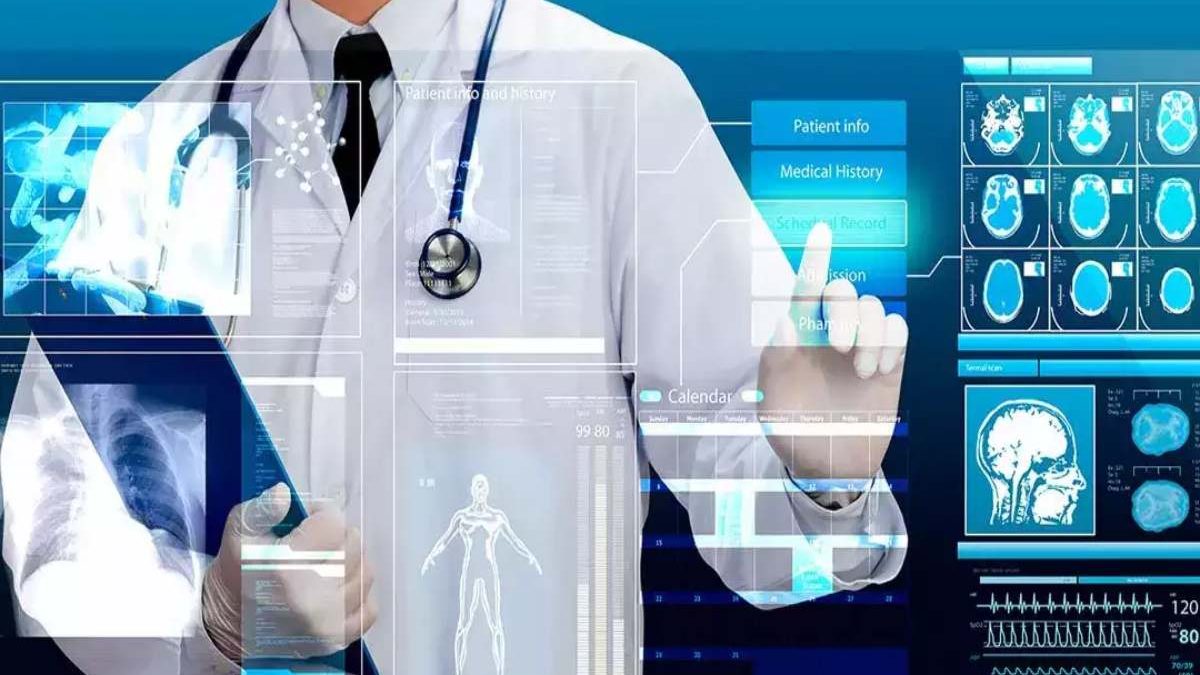In the swiftly evolving realm of healthcare, Managed IT stands as a beacon of innovation, heralding a new era of patient care that is both efficient and empathetic. As healthcare IT managers and business leaders, you are at the forefront of this transformation, navigating the intricate interplay of technology and patient wellbeing. This article delves into the heart of Managed IT in healthcare, illuminating how it transcends traditional boundaries to enhance patient care. From seamless data management to fostering deeper patient engagement, Managed IT is not just a tool, but a catalyst for a more responsive and humane healthcare system.
The Evolving Landscape of Healthcare IT
The healthcare sector is undergoing a digital metamorphosis, propelled by recent technological advancements that are redefining patient care. From AI-driven diagnostics to telehealth platforms, technology is reshaping the way healthcare providers connect with and treat patients. These innovations are not mere conveniences; they are essential tools that are elevating the standard of care to new heights.
For instance, the integration of electronic health records (EHR) has revolutionized data accessibility, allowing for a more comprehensive and holistic view of a patient’s health journey. Additionally, wearable health devices and remote monitoring tools have opened new avenues for proactive patient care, enabling continuous monitoring outside the traditional clinical setting.
This shift towards a more IT-centric healthcare environment is not just a trend; it’s a necessity. As we grapple with global health challenges and a growing population, the role of IT in healthcare becomes increasingly crucial, ensuring efficient, effective, and personalized care delivery. In essence, the technological landscape of healthcare is not just evolving; it’s transforming the very fabric of patient care.
Benefits of Managed IT for Patient Care
Managed IT in healthcare is a game-changer, particularly in the realms of patient data management and security. This advanced approach not only streamlines data handling but also fortifies the security framework, ensuring that sensitive patient information is safeguarded against cyber threats. With robust encryption protocols and rigorous compliance with healthcare regulations like HIPAA, Managed IT provides a secure backbone for handling patient data.
Beyond security, Managed IT also plays a pivotal role in enhancing patient engagement and communication. Tools like patient portals, integrated into Managed IT systems, offer patients easy access to their health records, appointment scheduling, and direct communication with healthcare providers. This transparency and ease of access foster a more engaged and informed patient, who is more likely to be proactive in their healthcare journey.
Moreover, Managed IT enables healthcare providers to deliver more personalized communication. Automated reminders for medication, personalized health tips, and targeted follow-up messages are just a few examples of how technology can create a more connected and supportive healthcare experience. Thus, Managed IT is not just about managing data more efficiently; it’s about building a more responsive and patient-centered healthcare ecosystem.
Overcoming Challenges: Implementing Managed IT Solutions
Adopting Managed IT in healthcare is not without its challenges. Key obstacles often include the cost of new systems, training staff to adapt to new technologies, and integrating these solutions with existing legacy systems. To navigate these challenges, it’s crucial to adopt a strategic approach.
Cost concerns can be mitigated by demonstrating long-term ROI and seeking scalable solutions that grow with the organization. Training should be viewed as an ongoing process, with continuous support and learning opportunities for staff. For integration, employing a phased approach can ease the transition, ensuring minimal disruption to existing processes. Ultimately, a well-thought-out implementation plan, which considers these aspects, can significantly smoothen the transition to a more technologically advanced healthcare system.
Conclusion: Making the Case for Managed IT
In conclusion, Managed IT stands as a cornerstone in the modernization of healthcare, offering unprecedented benefits in patient data management, security, and engagement. While the transition to such advanced systems presents its challenges, the long-term advantages far outweigh the initial hurdles. Implementing Managed IT solutions paves the way for a more efficient, secure, and patient-centric healthcare model.
The journey towards a fully integrated Managed IT healthcare system is indeed an ambitious one, requiring commitment, foresight, and strategic planning. However, the potential to revolutionize patient care, enhance operational efficiency, and secure sensitive data is an opportunity that healthcare leaders cannot afford to overlook. As we move forward, embracing these technological advancements will be key in shaping a future where healthcare is not just about treating ailments but about fostering a holistic, connected, and secure patient experience.

